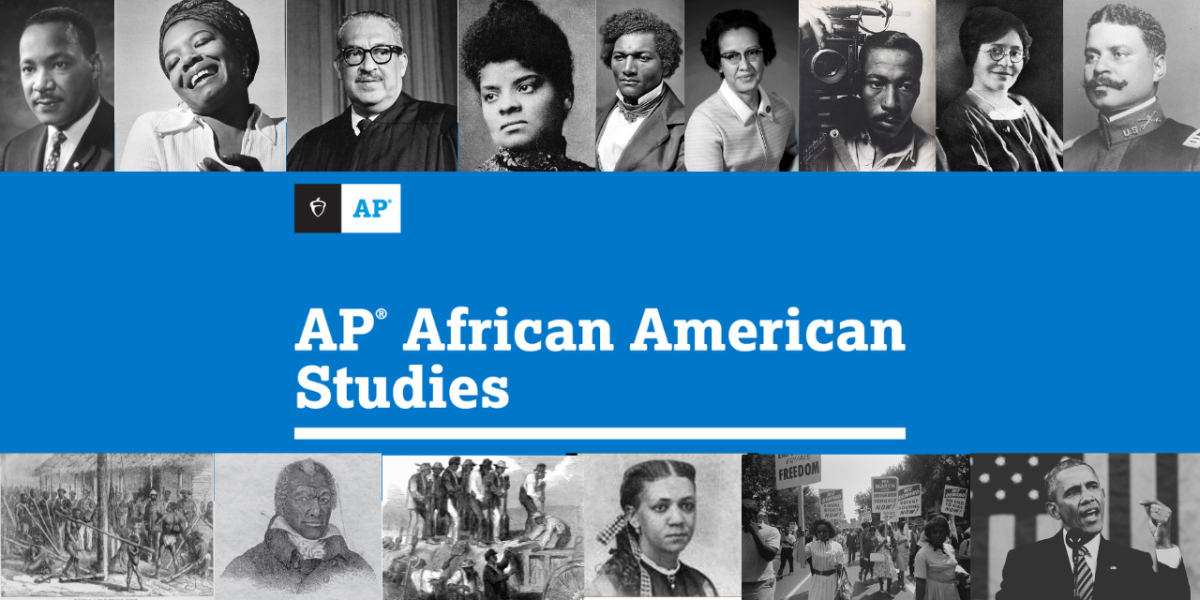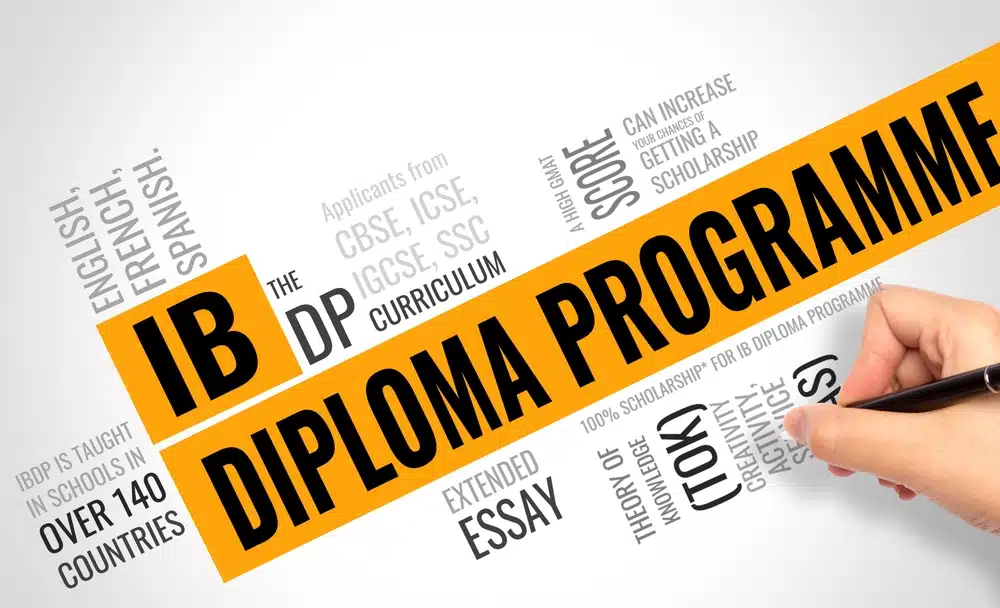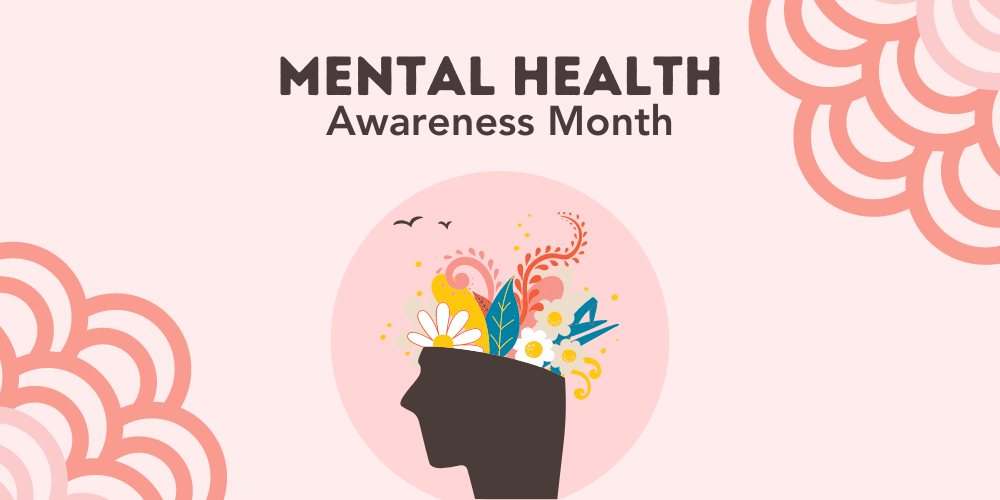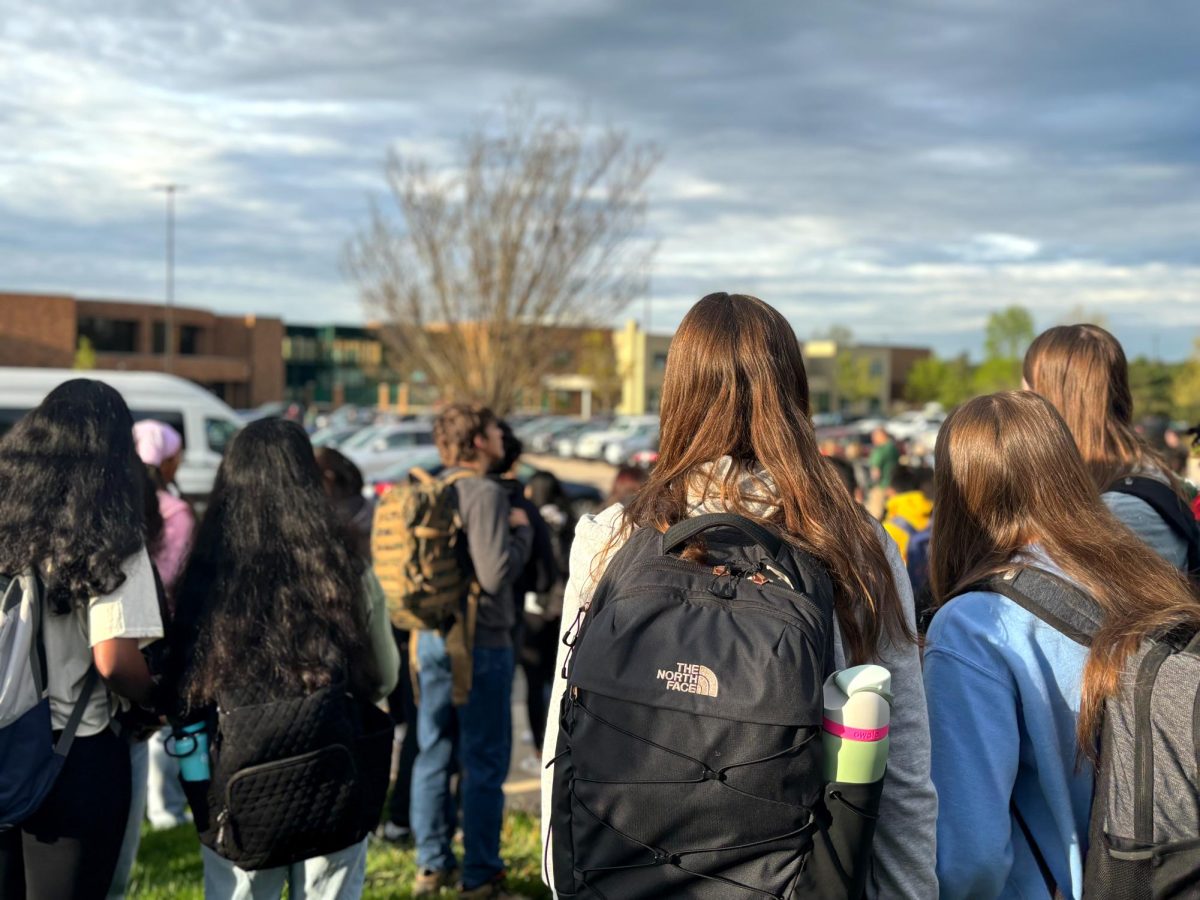AP European History, AP U.S. History, and AP World History: these courses make up all what College Board has to offer high schoolers as far as advanced history classes–that is, if you weren’t at one of the 60 schools across the United States that participated in the first test round of AP African American Studies last year.
If you’re an average high schooler, you probably don’t regularly check the College Board website for more than the most recent SAT score, and you definitely don’t scour the website for information on new AP classes under development. But you’d be missing out on an entire world of debate and controversy.
AP African American Studies has been under development for over a decade, with input from college and high school faculty. At the start of this school year, the course expanded to hundreds of high schools all over the country, with the first experimental student group set to take the test this upcoming spring. You may even know someone taking the course this year at West Bloomfield or Groves high schools. According to the timeline given on the College Board website, all schools will be able to start offering AP African American Studies in the 2024-2025 school year, with the test being available to all students by spring 2025.
So this all begs the question: what exactly does AP African American Studies teach? According to the two-year pilot guide published by College Board, the class is currently divided into four units: “Origins of the African Diaspora,” “Freedom, Enslavement, and Resistance,” “The Practice of Freedom,” and “Movements and Debate,” and is set to teach over 102 different topics which were created by reviewing more than 100 college syllabi, including courses from all eight Ivy Leagues, historically Black colleges and universities and 20 state flagship institutions.
Daarel Burnette, a senior editor for the Chronicle of Higher Education, told NBC that the course was originally designed to legitimize the teaching of Black history in school and encourage more Black students to take AP classes, given the disproportionate ratio of Black students taking AP courses to white students taking AP courses. Statistics from the Education Trust, an advocacy group and thought partners for Congressional staff, showed that while Black students make up 15% of the high school student population, they make up only 9% of all students enrolled in AP classes.
In an interview with NBC, Mehari Milton, a Black AP student at New Albany Senior High School said “the more advanced my classes have gotten, there were fewer and fewer kids who looked like me.”
College Board’s senior vice president for college, career, and digital access, Steve Bumbaugh, said they hope to partially rectify this gap through the implementation of AP African American Studies.
Tory Spring, an English teacher and one of our two DEI (Diversity, Equity, and Inclusion) Coordinators at the high school, believes that the course would be beneficial to students at Novi. Spring referenced how the course covers more than just a regular history class due to the rigorous and unique nature of the class.
“[Students could say] okay, so I just looked at African Americans in the last 30 decades, but I want to look at African American students now–not in slavery, not in the civil rights, but I want to look at how African American history is still working and still present,” Spring said.
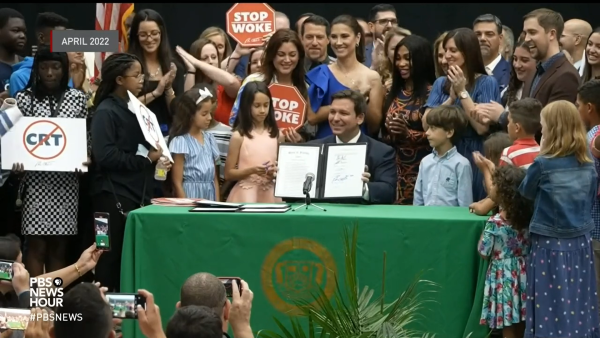
Source: https://www.pbs.org/newshour/show/desantis-defends-blocking-african-american-studies-course-in-florida-schools
Despite the decade of preparation put into this course, the road for AP African American Studies might not be so well paved after all. Since the release of the official curriculum, the class has raised a few eyebrows. In particular, the governor of Florida, Ron Desantis, has been a vocal dissenter for the implementation of the course. He primarily takes issue with the inclusion of Black Queer theory and intersectionality, the idea that there is an invisible, inherent power structure in society that is created by the connections between race, class, gender, and other social identities. These topics in particular, he argues, are non-conductive to education and in effect, indoctrinate children into a ‘woke agenda.’ According to the Guardian, the Stop WOKE (Wrongs to Our Kids and Employees) Act banned schools from teaching topics that could cause students to feel guilt for historic wrongs due to their race, color, sex, or national origin- race-inclusive. After he signed the bill, any schools teaching AP African American studies were forced to stop midway through the year. College Board has accused the Florida Department of Education of “slander” and being “politically motivated” after continued remarks about the course.
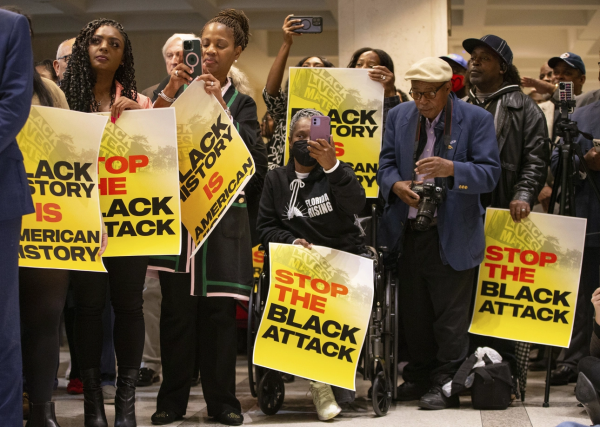
Source: https://www.politico.com/news/magazine/2023/01/31/ap-african-american-studies-desantis-00080265
Phil Murphy, the governor for New Jersey, provides a stark contrast to Desantis’ stance on the topic. In a statement he gave at Science Park High School on Feb. 14, 2023, he said that “as governors like Florida’s Ron DeSantis prioritize political culture wars ahead of academic success…[New Jersey] will set an example for the nation by demonstrating to our future leaders that our country is the greatest in the world because it is a work in progress, a promise, and an ideal we strive to achieve.”
Since then, Gov. Murphy has announced that 26 schools in New Jersey will be offering AP African American studies during the 2023-2024 school year. Further, Newark Public Schools will be revising its K-12 curriculum to include specific units of study for Black History.
New Jersey Education Association President Sean M. Spiller said,“we will continue to advocate for teaching our students the truth in New Jersey, even when the truth is uncomfortable for some people.”
The ongoing controversy over the class brings into question who exactly should be leading the discussion on the implementation of minority education in schooling. Senior Camille Wilson, co-president of the Black Student Alliance (BSA) at Novi High School, said the course should not be receiving this backlash.
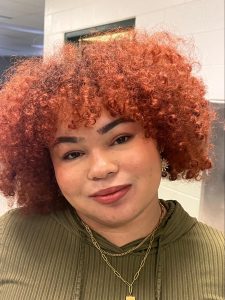
“It’s quite unprofessional in my opinion to think it’s so controversial,” Wilson said. “It’s an optional history class for those who want a rigorous course. It could be really educational for those who want to educate themselves more on Black issues and those who want to learn more about their own history and may not know and may not have the resources to learn.”
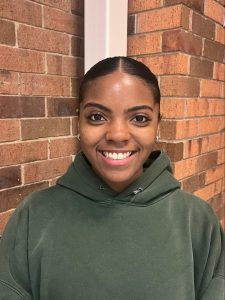
Senior Ja’nya Terrell, the other co-president of the BSA, agrees with Wilson.
“I think that encouraging people to learn what they’re not used to learning and getting out of their comfort zone is the best thing you can do, especially for young people,” Terrell said. “The Black population in Novi is so little, so it would be so meaningful to actually have something for us, but not only specifically for us but for people to learn about us in order to connect with us a little bit more, and feel more welcomed to have more of a community here.”
Another perspective on the issue is provided by Alnazir Blackman, a teacher of AP African American Studies in New Jersey. He recognizes that the class gives students the opportunity to learn about the contributions Black Americans have made to history in a way that appreciates multiple, diverse aspects. He argues that the class can also help combat the misinformation around Black Americans that is spread through popular media and culture, and foster understanding of Black culture for non-African American students.
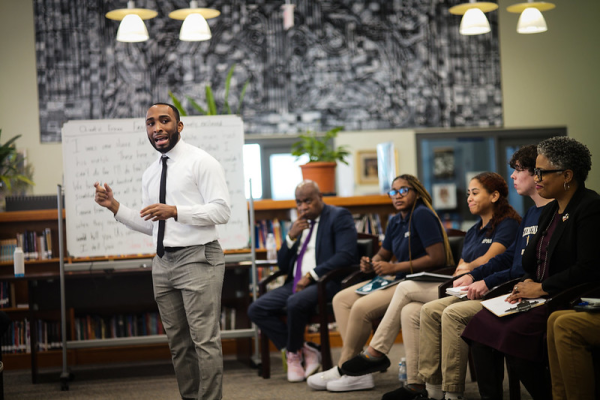
Source: https://newjerseymonitor.com/2023/03/06/i-teach-ap-african-american-studies-heres-why-the-course-is-important/
English teacher Kristen Mrozek, the other DEI Coordinator at the high school, agrees that the course could help bring about change.
“If you don’t know how to define what’s wrong, if you can’t define how to change [these problems], if you don’t have the words for it, you can’t speak your truth…and then it stays silent,” Mrozek said.
